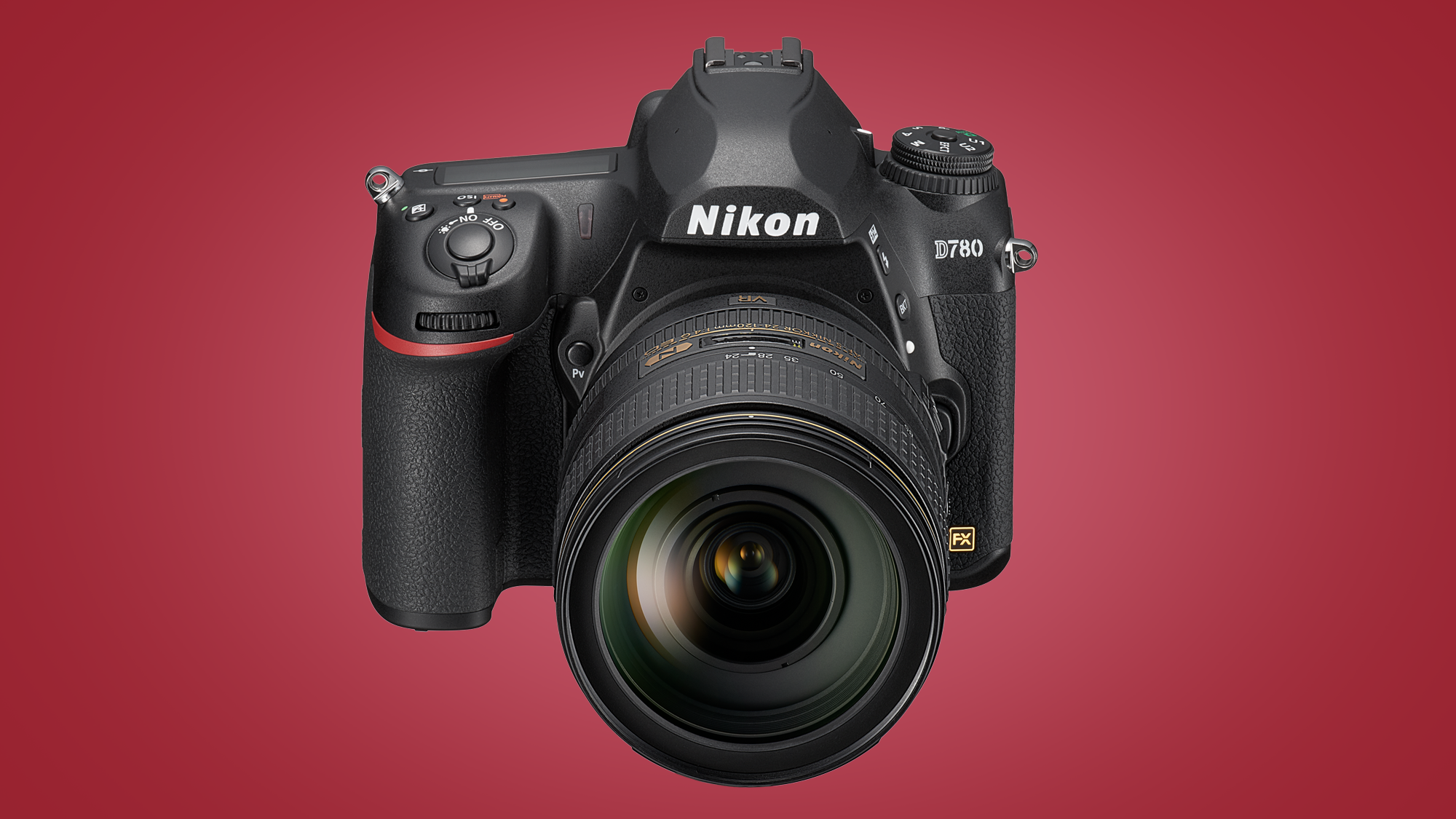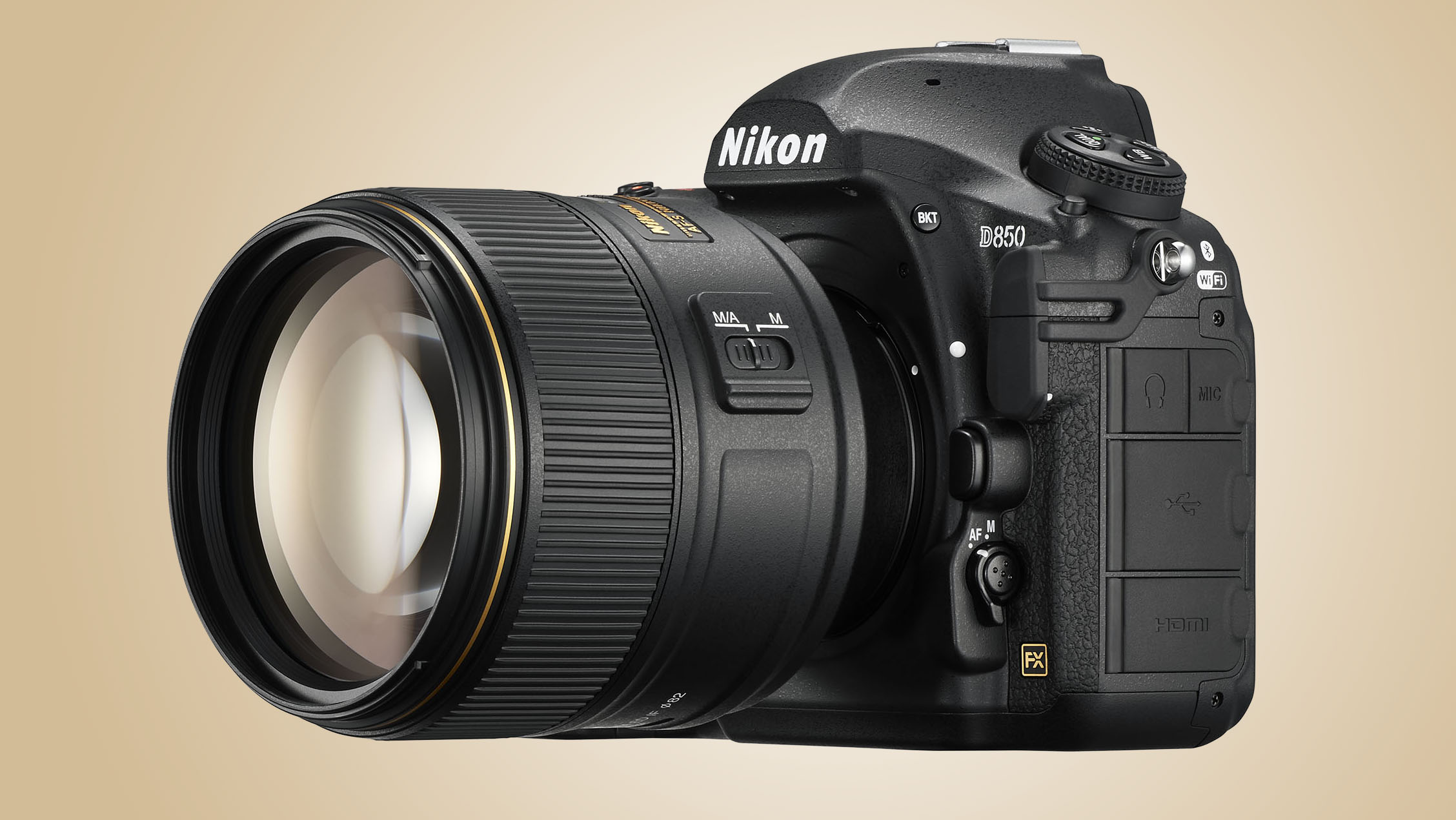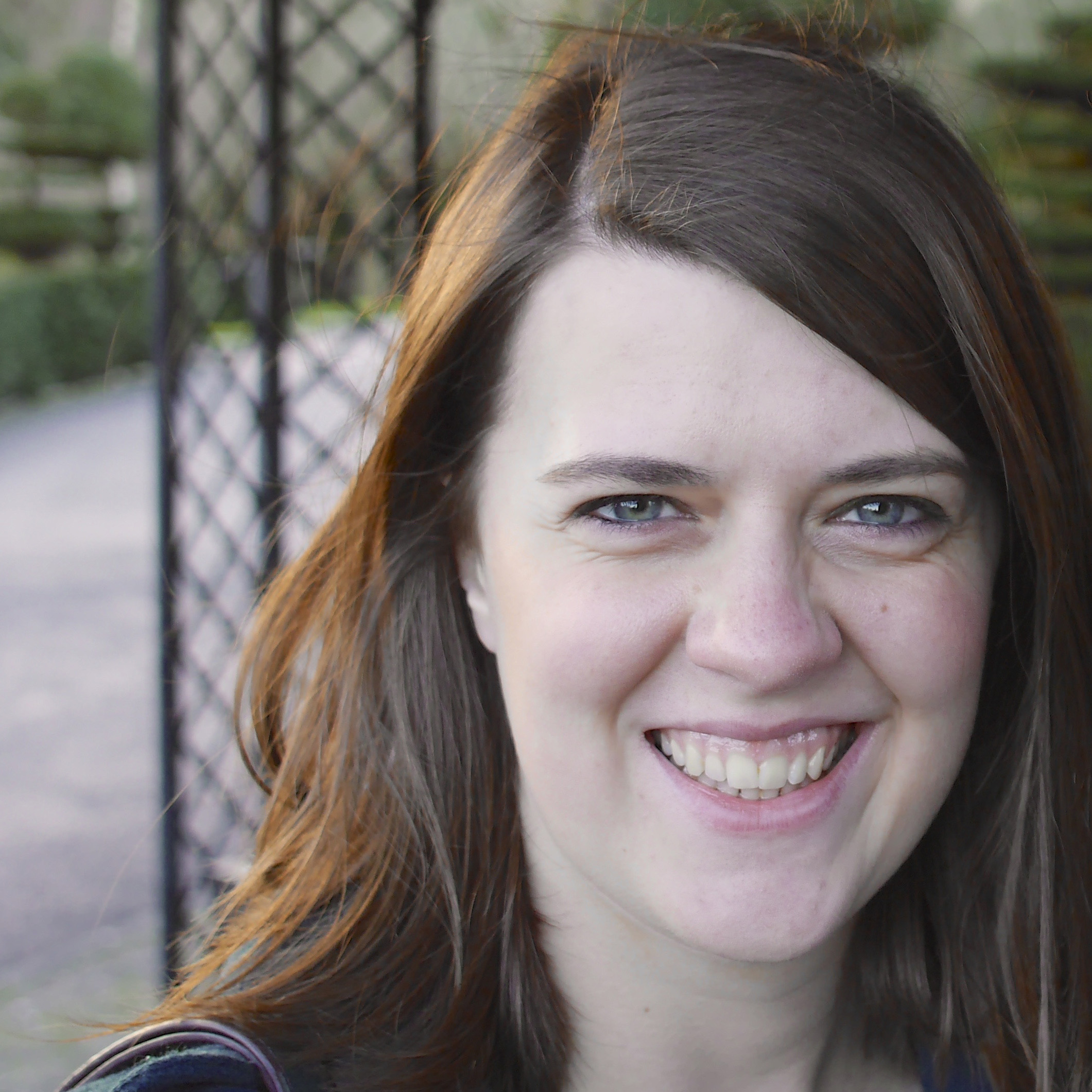Canon vs Nikon: which DSLR or mirrorless camera should you buy?
The best Nikon and Canon cameras you can buy right now
Canon vs Nikon: Top range, full-frame DSLRs
Why you can trust TechRadar
Sitting at the top of the DSLR tree, you have the full-frame offerings.
Both Canon and Nikon offer a good range of full-frame options, with them generally being split into two price levels to cater to different audiences. From Canon, we have the affordable 6D Mark II, while Nikon has only very recently updated its entry-level full-frame model in the shape of the D780.
The Canon EOS 6D Mark II was the follow-up to the very popular 6D. It features a 26.2MP sensor, with a 45-point AF system, Dual Pixel CMOS AF and a vari-angle touchscreen. What it doesn’t give you, is 4K video recording and it only offers 6.5fps shooting. However, with it now being close to three years old, it’s a much cheaper proposition than the more recent Nikon D780.



After the popularity of its mirrorless models, Nikon has essentially distilled many of the things that were great about its Nikon Z6 camera and housed it inside a DSLR body with the D780. This is great for those who prefer the handling of these cameras (and perhaps have a slew of DSLR lenses ready to go).
The D780 has a 24.5MP sensor, 4K video recording, 7fps (or 12fps if you shoot in silent mode), Eye AF and a tilting touchscreen. It has a 51-point AF system which borrows the autofocus algorithm from the top-of-the-line Nikon D5, as well as housing 15 cross-type sensors.
On paper, it’s a no brainer that the D780 is the clear winner over the 7D Mark II – but once again, if you’re already invested in the Canon system, it’s debatable whether there's enough to justify ditching the whole system for the D780. As a newer model, the latter is also quite a bit more expensive than the Canon offering, though we expect prices to even out a little as time goes on.
If you’re keen to stick with Nikon, but your budget is on the tight side, the Nikon D750 is still available to buy. With a new model out, this is a now a relative bargain. Here you get a still pretty decent 51-point AF system, a tilting screen (no touch sensitivity though), and 6.5fps shooting. You don’t get 4K video – but if stills are your main thing, it’s still a decent all-rounder.
Winner: Nikon D780 (or Nikon D750 if you're on a budget)
High-end options
If you have a healthy amount of cash to spend, or perhaps you’re looking to step up to some pro work, then both Canon and Nikon have the best DSLR options around.
From Nikon we have the Nikon D850, while Canon have the Canon EOS 5D Mark IV. Above that there’s also the Nikon D5 and the Canon EOS 1DX Mark III – but unless you’re a full-time working professional (or have very deep pockets), it’s unlikely you’ll be considering the latter two options.


The Nikon D850 is probably still – after more than three years on the market – the DSLR to beat. It’s a fantastic all-rounder and a great workhorse camera for any working professional, as well as those enthusiasts who want a fantastic performer. It features a 45.7MP sensor – one of the highest resolutions on the market – as well as a host of other features that are still sought after today.
There’s 4K video recording, 9fps burst shooting, and Snapbridge connectivity. There’s also an excellent optical viewfinder and a tilting touch-sensitive screen.
By contrast, the Canon 5D Mark IV has a more modest 30.4MP sensor (the files are a bit more manageable though), 7fps shooting, and 4K video recording. The screen is touch-sensitive, but it doesn’t tilt. If you need higher resolution, you can still get hold of the Canon EOS 5DS and 5DSR cameras, which feature 50.6MP sensors, though most photographers should find that 30MP is more than enough.
We’d have to pick the Nikon D850 as the winner here, but again, if you’re already in the Canon system, you definitely won't be disappointed by the 5D Mark IV.
Winner: Nikon D850
Current page: Canon vs Nikon: Top range, full-frame DSLRs
Prev Page Canon vs Nikon: Enthusiast DSLRsSign up for breaking news, reviews, opinion, top tech deals, and more.

Amy has been writing about cameras, photography and associated tech since 2009. Amy was once part of the photography testing team for Future Publishing working across TechRadar, Digital Camera, PhotoPlus, N Photo and Photography Week. For her photography, she has won awards and has been exhibited. She often partakes in unusual projects - including one intense year where she used a different camera every single day. Amy is currently the Features Editor at Amateur Photographer magazine, and in her increasingly little spare time works across a number of high-profile publications including Wired, Stuff, Digital Camera World, Expert Reviews, and just a little off-tangent, PetsRadar.